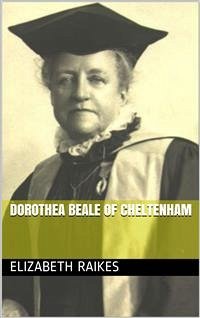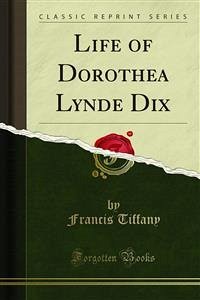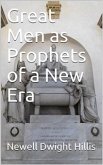Dorothea Beale LL.D. (21 March 1831 – 9 November 1906) was a suffragist, educational reformer, author and Principal of the Cheltenham Ladies' College and founder of St Hilda's College, Oxford.
English educator Dorothea Beale (1831-1906) was an instrumental figure in gaining acceptance for a more intellectual education for women. While principal of the Cheltenham Ladies' College in the late 1800s, she introduced courses such as history and physical geography into the traditional female-oriented curriculum and testified on the poor state of women's education for government commissions. Her ideas played a key role in launching reforms in women's education in England.
As the principal of the Cheltenham Ladies' College in England for almost 50 years, Dorothea Beale became a leading proponent of increased education for girls in the last half of the nineteenth century. Her educational reforms included expanding the curriculum for her students to include history, mathematics, and scientific concepts—a radical departure from the courses in needlework, music, and other domestic skills that were considered appropriate training for privileged young women at that time. Beale's beliefs that women should be educated so that they could be better wives and mothers and that women do not require the same educational opportunities as men appear extremely conservative by modern standards. But by winning acceptance for her idea that women could and should be familiar with more intellectual academic topics, however, Beale paved the way for later educators who would open the doors of learning even wider for women of all classes.
English educator Dorothea Beale (1831-1906) was an instrumental figure in gaining acceptance for a more intellectual education for women. While principal of the Cheltenham Ladies' College in the late 1800s, she introduced courses such as history and physical geography into the traditional female-oriented curriculum and testified on the poor state of women's education for government commissions. Her ideas played a key role in launching reforms in women's education in England.
As the principal of the Cheltenham Ladies' College in England for almost 50 years, Dorothea Beale became a leading proponent of increased education for girls in the last half of the nineteenth century. Her educational reforms included expanding the curriculum for her students to include history, mathematics, and scientific concepts—a radical departure from the courses in needlework, music, and other domestic skills that were considered appropriate training for privileged young women at that time. Beale's beliefs that women should be educated so that they could be better wives and mothers and that women do not require the same educational opportunities as men appear extremely conservative by modern standards. But by winning acceptance for her idea that women could and should be familiar with more intellectual academic topics, however, Beale paved the way for later educators who would open the doors of learning even wider for women of all classes.









